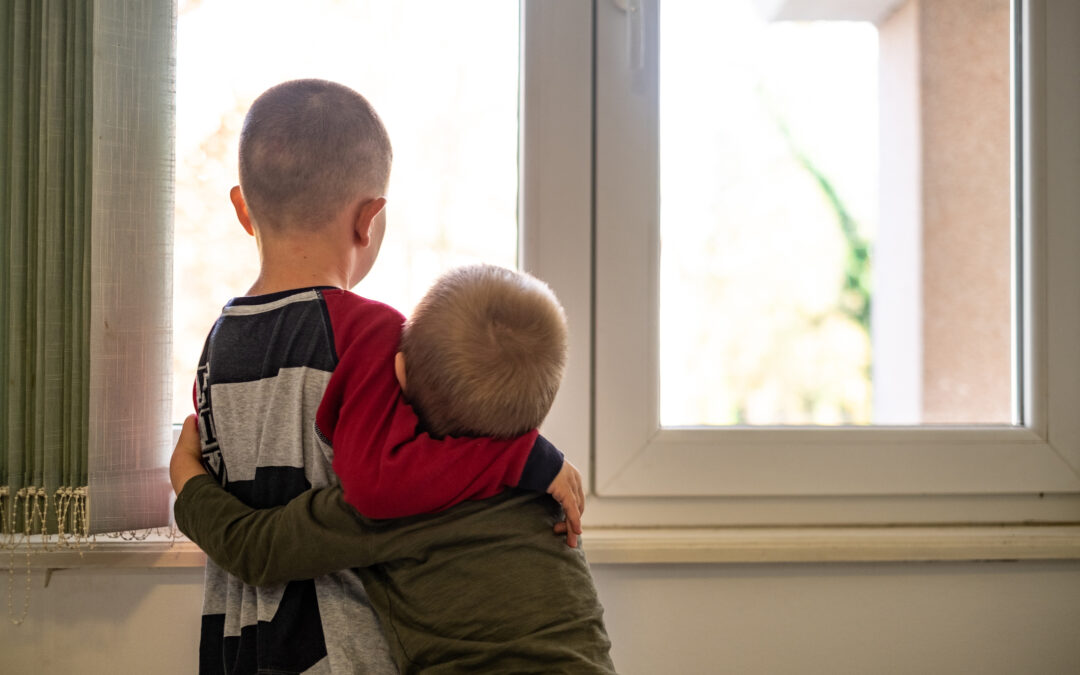The second phase of a new research project ‘Staying Connected’ is now underway.
The research by Stand Up For Siblings partner SCRA and Families Outside, aims to address the gap in knowledge around ‘looked after’ children and young people’s experiences of sibling imprisonment.
More information about this exciting and important piece of research is available on SCRA’s website.
In this phase, the researchers will begin to explore the issues around the identification, restoration, and maintenance of relationships between brothers and sisters where one sibling is care-experienced and one is on remand or serving a custodial sentence.
To do this they are looking to speak to the following groups of children and young people:
- children and young people (up to age 25) who are care-experienced with the experience of having a brother or sister on remand or serving a sentence in prison or secure accommodation
- children and young people (up to age 25) who are currently, or have recently been, on remand or in custody within a prison or secure accommodation and have a care-experienced brother or sister
The researchers are using a wide definition of “care-experience” and “sibling” in line with the work of The Promise and the Children’s Act (Scotland) 2020.
- “Care-experience” means all ‘looked after’ children and young people. This includes children with Compulsory Supervision Orders made by Children’s Hearings, those in the care of a local authority on a voluntary basis, those with Permanence Orders made by the courts, and those in informal kinship care. They can be living at home, with kinship or foster carers, in residential units/schools or secure units.
- “Sibling” means full, half and step-brothers and sisters as well as “sibling-like” relationships so brothers and sisters from foster or adopted families or residential placements.
If you are interested in taking part in the research, work with groups who might be interested, or just want to know more, please read this flyer for more details or get in touch with the project researcher Kirsty Deacon.
